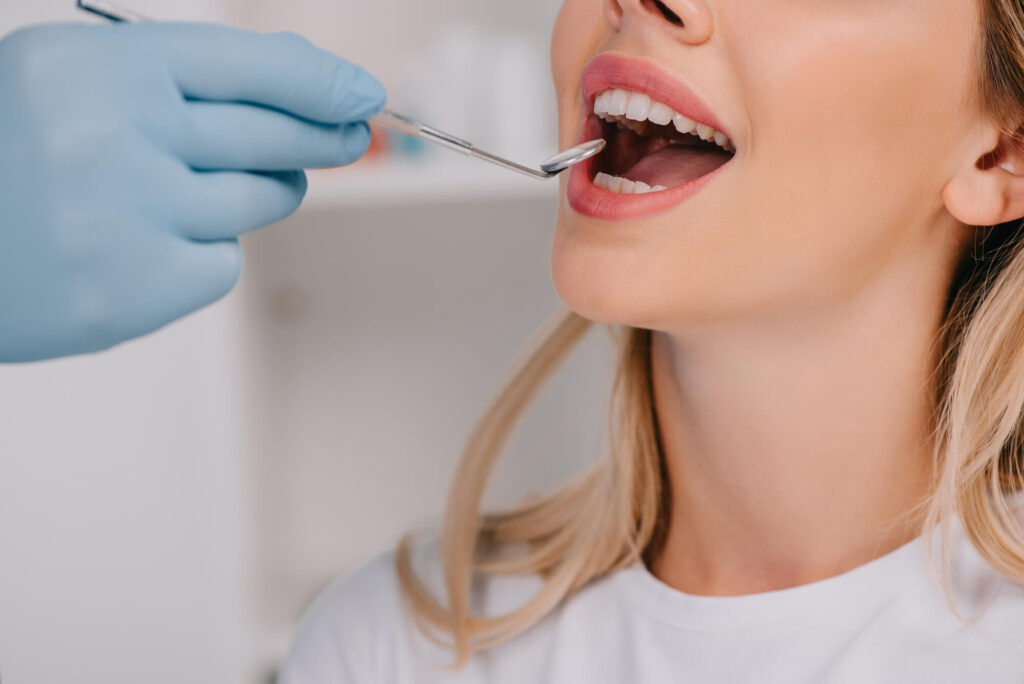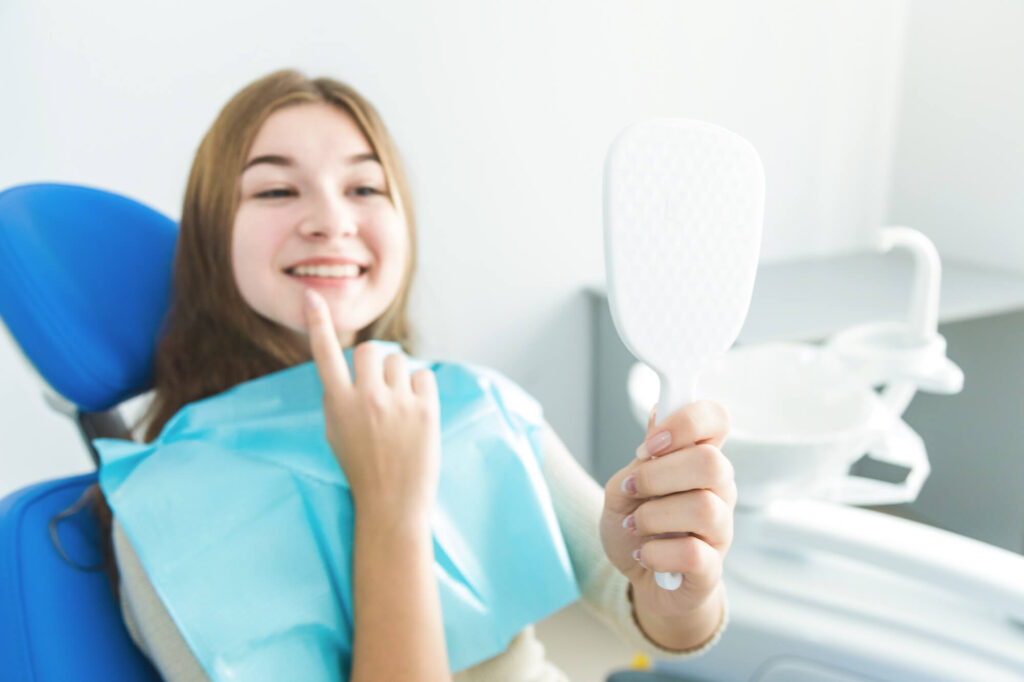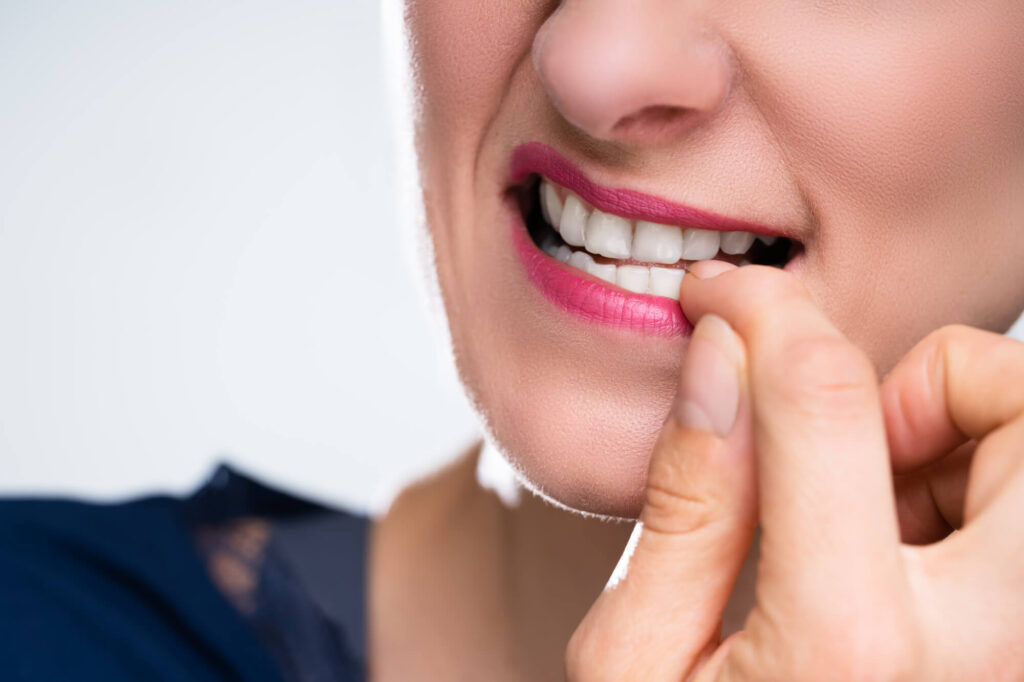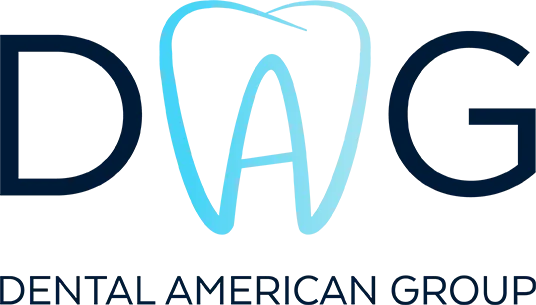When it comes to maintaining our oral health, we often do our best. We brush and floss every day, use mouthwash, and visit our dentist in Pembroke Pines regularly. However, sometimes we may be guilty of unintentionally harming our teeth without even realizing it. Let’s explore some common habits that could be damaging your teeth and provide tips to protect your smile, so you can be certain you’re giving your best efforts to keep your teeth healthy.

Understanding the Vulnerabilities of Your Teeth
Your teeth are incredibly strong, but they are not indestructible. Understanding the vulnerabilities of your teeth can help you take better care of them and avoid habits that can cause damage. Here are some key points to consider:
Tooth Enamel
The outer layer of your teeth, known as enamel, is the hardest substance in your body. It protects your teeth from damage and decay. However, it can still be chipped or cracked by hard objects such as ice, hard candy, or even nuts. When enamel is damaged, it can lead to tooth sensitivity and decay.
Enamel can also be worn out by aggressive brushing, using a toothbrush with hard bristles, or brushing too frequently. This can lead to tooth sensitivity and even decay.
Functions
Your teeth are responsible for several important functions, such as breaking down food, enabling us to pronounce words, and shaping the face. The masticatory function of teeth refers to the ability to chew and grind food, which is essential for proper digestion.
However, your dentist in Pembroke Pines knows that your teeth are not designed to handle excessive force or pressure beyond what is necessary for chewing food. Chewing on hard objects can cause damage to the teeth and should be avoided. It’s important to understand the limitations of your teeth and use them only for their intended functions to prevent damage and maintain good oral health.
Teeth Location
Teeth have different susceptibilities based on their location and function in the mouth.
Front Teeth
The front teeth, also known as incisors and canines, are located in the front of the mouth and are responsible for biting and tearing food. They are also the most visible teeth when we smile, and as a result, they are more susceptible to damage from trauma and injury. This is because they are more exposed and vulnerable to outside forces. Front teeth are also more prone to wear and tear due to normal use over time.
Back Teeth
The back teeth, also known as molars and premolars, are located at the back of the mouth and are responsible for grinding and chewing food. They are less susceptible to damage from trauma and injury compared to front teeth because they are further back in the mouth and have more protection. However, they are more susceptible to cavities because of their rough surfaces, which make them more difficult to clean thoroughly by your dentist in Pembroke Pines.

Habits That Are Harming Your Teeth
Brushing Teeth Right After Eating
Brushing your teeth immediately after eating acidic or sugary foods and drinks can cause damage to your enamel. This is because the acid in these foods and drinks can weaken your enamel, and brushing too soon can cause further erosion.
Instead, wait at least 30 minutes after eating to brush your teeth. This allows your saliva to neutralize the acid and give your enamel time to harden.
Tensing Your Body
Tensing your body, particularly your jaw muscles, can lead to teeth grinding or clenching. This habit can cause wear and tear on your teeth and can even lead to tooth fractures or temporomandibular joint (TMJ) disorder.
If you notice that you grind your teeth, talk to your dentist in Pembroke Pines. They may recommend wearing a mouthguard while you sleep or suggest relaxation techniques to reduce stress.
Biting Your Nails
This habit can have several negative impacts on your oral health. When you bite your nails, the constant pressure and grinding motion can put stress on your teeth, causing them to shift or even break. This can lead to significant damage to your teeth, which may require you to visit a dentist for repairs.
Moreover, the nails themselves can harbor bacteria, fungi, and other pathogens that can cause infections in your mouth. When you bite your nails, you transfer these pathogens directly into your mouth, increasing the risk of developing infections.
Chewing Ice
Chewing on ice is a common habit that many people do without realizing the potential harm it can cause to their teeth. Ice is a hard and rigid substance, and the force of biting down frequently on it can cause tiny fractures or microcracks in the enamel of your teeth. These micro-cracks can weaken the structure of your teeth, making them more susceptible to further damage.
To avoid the risk of damaging your teeth, it’s best to avoid chewing on ice altogether. If you have the urge to chew on something, try sugar-free gum instead.
Using Toothpicks
Toothpicks can be helpful for removing food particles from between your teeth, but using them too aggressively can damage your gums and tooth enamel. If you must use a toothpick, use it gently and be careful not to damage your gums or teeth. Alternatively, consider using dental floss or interdental brushes to clean your teeth.
Using Teeth as Tools
Using your teeth as tools can be a harmful habit that can cause damage to your teeth. Some examples of using your teeth as objects include:
- Opening packages or containers with your teeth
- Using your teeth to hold or carry objects
- Using your teeth to crack or open nuts or shells
These habits can cause chips, cracks, or fractures in your teeth, as well as wear down your enamel over time. Additionally, using your teeth in this way can stress your jaw and lead to temporomandibular joint (TMJ) disorder.
Snacking Between Meals
Frequent snacking between meals can increase the amount of time that your teeth are exposed to sugar and acid, which can increase the risk of tooth decay. When you snack frequently, the bacteria in your mouth have a constant supply of sugars to feed on, which leads to an increase in acid production. The acid then attacks the enamel, causing tooth decay.
Your dentist will recommend limiting snacking between meals and sticking to three main meals a day. If you do feel the need to snack, choose foods that can also stimulate saliva production such as fruits or vegetables.
Chewing on Pencils and Pens
This is a common habit, especially for people who are stressed or anxious. However, this can be harmful to your teeth and oral health. The pressure from biting down on hard objects like pens and pencils can damage your teeth.
Moreover, pens and pencils are not sterile and can harbor bacteria that can be harmful to your oral health. When you chew on a pen or pencil, you introduce these bacteria into your mouth, increasing your risk of tooth decay, gum disease, and other oral infections.
Breaking this habit can be challenging, but it is essential for your oral health. Try to find other ways to manage stress, such as exercise, meditation, or deep breathing.
Drinking Too Much Soda
Soda is high in sugar and acid, both of which can erode your enamel and lead to cavities. If you must drink soda, try to limit your intake and use a straw to minimize contact with your teeth. Additionally, rinse your mouth with water afterward to neutralize the acid. Consider switching to healthier alternatives, such as water or unsweetened tea.
The Importance of Regular Dental Check-Ups
Visiting your dentist in Pembroke Pines is essential for maintaining good oral health. During a check-up, your dentist can identify any oral health issues early on that might be caused by harmful habits and provide treatment before they become serious problems. Here are some specific examples of what your dentist can check for:
- Small cracks or chips in your teeth that may be caused by grinding or clenching your jaw.
- Signs of wear and tear on your teeth that may be caused by bruxism or normal aging.
- Discoloration or stains on your teeth that may be caused by certain foods or drinks.
- Signs of decay or cavities.
- Signs of gum disease, such as redness, swelling, or bleeding.
- Signs of oral cancer, such as unusual growths or lesions.
By identifying these issues early on, your dentist in Pembroke Pines can provide treatment to prevent further damage and protect your oral health. Your dentist can also provide advice on how to improve your oral hygiene routine and change any habits that may be damaging your teeth.

Looking for a Dentist in Pembroke Pines?
Remember, just because you can use your teeth for something doesn’t mean you should! Your teeth are meant for chewing food, not for crunching hard objects or performing other tasks that can cause damage. If you’re experiencing any issues, don’t hesitate to contact Dental American Group. Our dentists can help identify any problems and provide the necessary treatment to keep your teeth healthy and strong.

